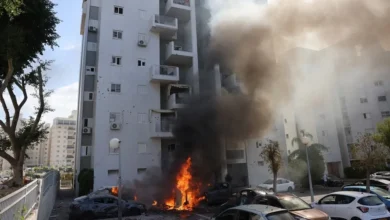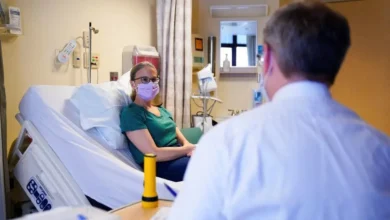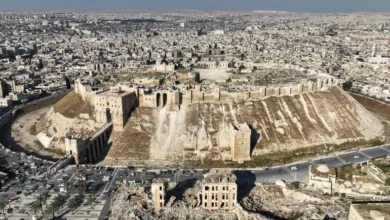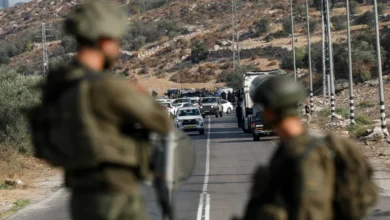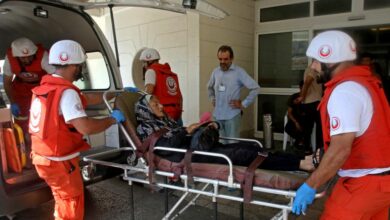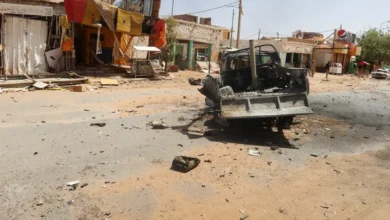More than 170 dead as Bangladesh grapples with dengue ‘epidemic’
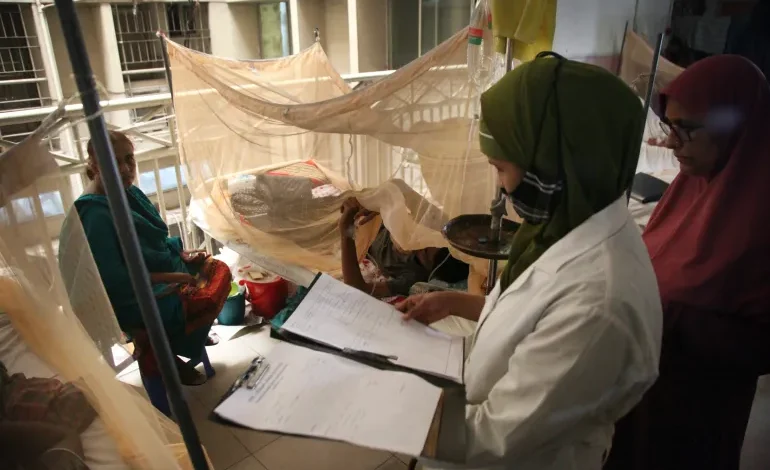
Bangladesh is grappling with a deadly dengue outbreak as heavy monsoon rains in the country cause widespread infections and fill hospitals.
Health experts in the South Asian nation of 170 million people say the disease has already reached an “epidemic” proportion, even though the government has not officially declared one.Until Sunday night, at least 176 people – 31 of them children aged below 14 – had died of the mosquito-borne fever, according to the Directorate General of Health Services (DGHS).
Wednesday was the deadliest day when 19 people died of the disease which has seen nearly 33,000 hospitalisations this year, says the DGHS data.Officials said the death rate from the disease this year stood at an “alarming” five-year high of 0.53 percent, compared with 0.45 percent last year when a record 281 people had died of dengue in Bangladesh.
DGHS says 115 of the 176 deaths this year happened in the first 23 days of July. There were only 29 deaths last year in the same period.
Experts warn the situation could get worse in the coming days as both dengue hospitalisation and deaths in Bangladesh usually reach a peak in August and September.
“I think the outbreak of dengue this year has the same impact on people as it did in 2019, if not more,” ANM Nuruzzaman, physician and public health expert, told Al Jazeera.
He was referring to the year which saw more than a million hospitalisations – the highest ever in the country – and 179 deaths. Many in Bangladesh still call 2019 the “year of dengue”.
“The government should declare [this year] as an epidemic as well and take proper measures to stop the spread. Otherwise, it will get worse,” Nuruzzaman said.Thousands of children affected
But fear over the disease is spreading. Social media is flooded with accounts of suffering and deaths from all parts of the country, especially the sprawling capital of Dhaka.
Anwara Ferdousi, 76, went to see a doctor in Dhaka’s Square Hospital after she had a fever for two days.“I was asked to do a test for dengue and I did that. When I went to the hospital after two days with the result, I couldn’t see the doctor as he himself was diagnosed with dengue. In fact, two more doctors from the same floor of the hospital caught the virus as well,” Ferdousi told Al Jazeera.
Parents are especially worried about their children. The DGHS data says a total of 7,240 children aged below 14 have already caught the disease.
“I have stopped sending my daughter to school as some of her classmates are already infected with dengue,” Rashed Jitu, a businessman in Dhaka’s Lalbagh area, told Al Jazeera.
“Her school has issued notice to every parent to put mosquito repellents on their children. It’s so scary.”
Doctors say dengue is particularly dangerous for children who are more prone to developing shock syndrome – a condition which prompts the body’s immune system to overreact against the dengue virus, causing plasma leakage, bleeding and severe dehydration.Dr Shatavisa Dhar of Bangladesh Shishu Hospital and Institute, the country’s largest state-run hospital for children, told Al Jazeera it takes a day for affected children to turn critical compared with about 48 hours for an adult.
“Besides, a child has 20 percent more risk than an adult to develop shock syndrome,” she said.
Abdul Qayium, a bus driver in Gazipur, a district adjacent to Dhaka, lost his six-year-old son Rehan Ahmed earlier this month to dengue.
“He was in hospital for 10 days. He was recovering but all of a sudden, he went into a shock and died,” a grieving Qayium told Al Jazeera.The NGO Save the Children on Monday issued a statement, saying Bangladesh is facing its “worst dengue fever outbreak in five years” and children aged five to 14 bear the brunt of the outbreak “as the worst affected age group”.



